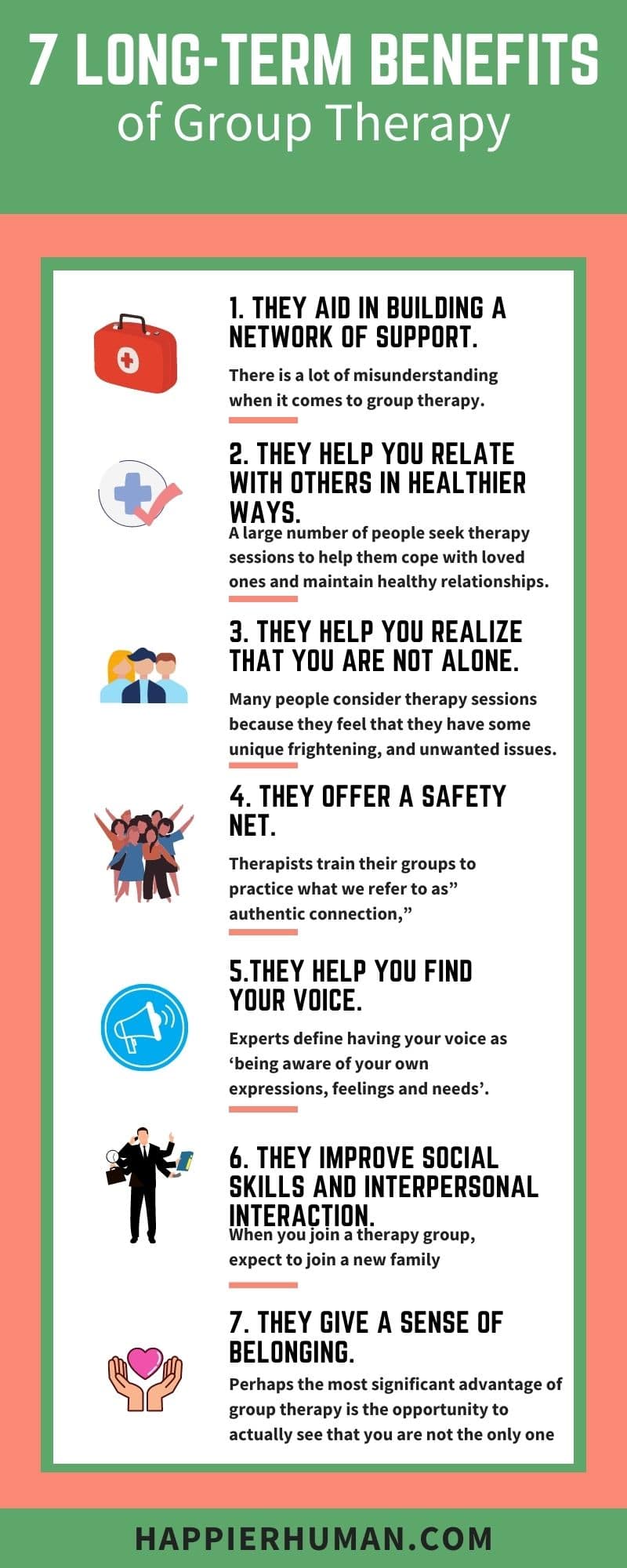In the realm of mental health and well-being, therapy comes in various forms, each offering a unique set of advantages. One approach that has gained significant recognition for its efficacy is group therapy. Rooted in the idea that healing can be facilitated through shared experiences, group therapy brings individuals together to navigate challenges, explore emotions, and foster personal growth. Among its many benefits, one stands out as particularly impactful—the sense of connection and belonging that arises within the group setting.
Understanding Group Therapy
Group therapy is a therapeutic modality where a trained therapist guides a group of individuals with similar concerns or challenges. Unlike individual therapy, group therapy offers a communal space where participants can share their experiences, provide support, and receive feedback. This approach is utilized in various contexts, including mental health treatment, addiction recovery, and support for specific life challenges.
Benefits of Group Therapy
While group therapy encompasses a range of advantages, one central benefit is the development of a supportive community. This sense of connection can profoundly impact participants’ mental and emotional well-being. Let’s delve into the ways in which group therapy fosters this sense of belonging.
-
Shared Understanding and Validation
One of the primary benefits of group therapy is the opportunity for individuals to realize they are not alone in their struggles. As group members share their experiences and challenges, a sense of shared understanding and validation emerges. Participants often discover that others have faced similar issues, which can alleviate feelings of isolation and shame.
When individuals find resonance in the stories of their peers, it normalizes their experiences, helping them recognize the universality of human struggles. This shared understanding is a powerful antidote to the isolation that often accompanies mental health issues, creating a foundation for mutual support.
-
Empathy and Compassion
In a group therapy setting, members naturally develop empathy and compassion for one another. As individuals openly discuss their thoughts and feelings, group members witness the vulnerability of their peers. This shared vulnerability fosters a culture of empathy, as participants recognize the courage it takes to confront personal challenges.
Experiencing empathy within the group allows individuals to feel seen and heard in a profound way. This emotional validation contributes to a sense of belonging, as participants realize they are part of a community that understands and cares for them.
-
Diverse Perspectives and Insights
Group therapy brings together individuals from various backgrounds, ages, and life experiences. This diversity enriches the therapeutic environment by offering a range of perspectives and insights. Participants benefit from hearing different viewpoints and coping strategies, broadening their understanding of their own challenges and potential solutions.
The exchange of diverse perspectives within the group creates a dynamic learning environment. Group members often discover new coping mechanisms or gain fresh insights into their situations, enhancing their ability to navigate life’s difficulties.
-
Social Skills Development
For many individuals seeking therapy, interpersonal challenges may be a contributing factor to their struggles. Group therapy provides a safe space to practice and develop essential social skills. Engaging with others in a supportive environment allows participants to experiment with effective communication, conflict resolution, and boundary setting.
As individuals interact within the group, they receive constructive feedback from both peers and the therapist. This real-time social learning contributes to improved interpersonal skills, which can extend beyond the group setting and positively impact various areas of participants’ lives.
-
Collective Motivation and Inspiration
In group therapy, the achievements and progress of one member can serve as motivation and inspiration for others. Witnessing fellow group members overcome challenges or make positive changes can instill hope and determination. This collective motivation creates a sense of shared accomplishment, reinforcing the idea that individuals are not alone in their journey toward healing and growth.
The group dynamic fosters a supportive atmosphere where celebrating successes, no matter how small, becomes a collective endeavor. This shared encouragement contributes to a positive feedback loop, reinforcing the belief that change and progress are attainable.
Conclusion
Group therapy stands as a powerful testament to the healing potential of connection and community. The benefits of shared understanding, empathy, diverse perspectives, social skills development, and collective motivation contribute to a transformative therapeutic experience. As individuals come together to navigate their challenges, the sense of belonging cultivated in group therapy becomes a cornerstone of personal growth and lasting positive change. In a world where isolation and disconnection are prevalent, group therapy offers a beacon of hope—a reminder that, indeed, no one is alone on their journey toward healing.




